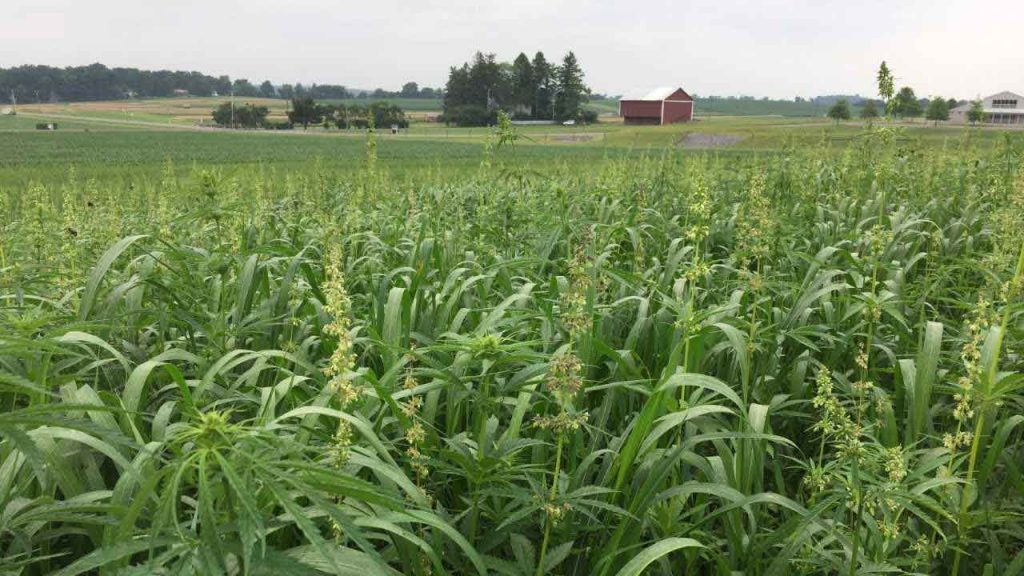Hemp
Hemp, or industrial hemp, is a strain of the Cannabis sativa plant species that is grown specifically for the industrial uses of its derived products. It is one of the fastest-growing plants and was one of the first plants to be spun into usable fiber 10,000 years ago. Hemp is refined and used to make a variety of commercial and industrial products, including rope, textiles, clothing, shoes, food, paper, paint, insulation, bioplastics, food, animal feed, insulation, and biofuel.

Although cannabis as a drug and industrial hemp both derive from the species Cannabis sativa and contain the psychoactive component tetrahydrocannabinol (THC), they are distinct strains with unique phytochemical compositions and uses. Hemp has lower concentrations of THC and higher concentrations of cannabidiol (CBD), which decreases or eliminates its psychoactive effects. The legality of industrial hemp varies widely between countries. Some governments regulate the concentration of THC and permit only hemp that is bred with an especially low THC content.
As of December 2018, Hemp is federally legal to grow again in the United States. The government passed the Hemp Farming Act of 2018, part of the 2018 Farm Bill signed by President Donald Trump on 20 December 2018. This bill changed hemp from a controlled substance to an agricultural commodity, legalizing hemp federally, which made it easier for farmers to get production licenses, get loans to grow hemp, and allowed them to get federal crop insurance. Some states still consider it illegal to grow hemp, but 41 states have begun the process to make hemp legal to grow at the state level, as of 2019.
At this time, there are no federally insured insurance products available for hemp.
See Also: